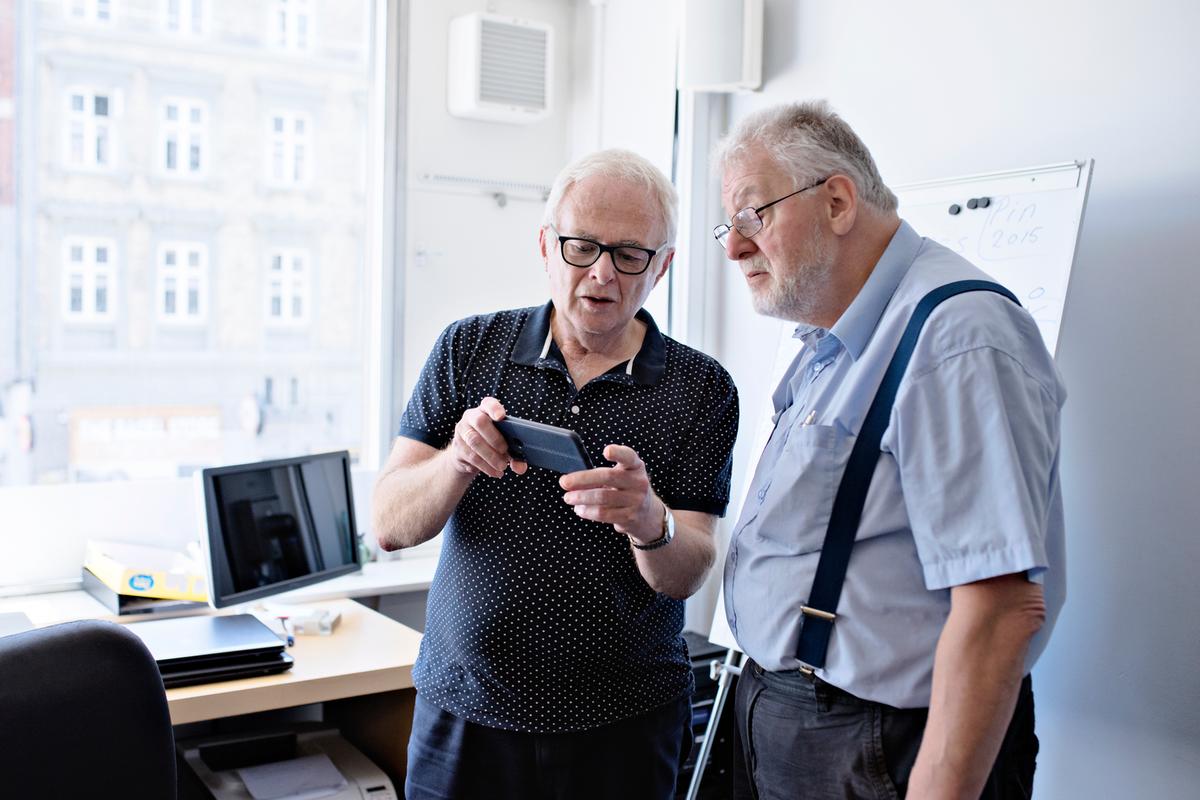Public libraries have been the primary source of Information and Communication Technology (ICT) training, which is often project-based and ad-hoc, especially in rural areas. Meanwhile, there’s a desire among young people to enhance their soft skills and gain experience beneficial to their future careers through voluntary activities, including mentoring seniors in ICT.
Project purpose and goals
The project aims to develop and pilot a reverse mentorship framework in Lithuania, with the intent to extend it throughout the Nordic-Baltic region in the future. This initiative aims to enhance digital literacy among both youth and seniors, bridging the generational divide by fostering safe, trustful, and supportive intergenerational relationships and communities. Additionally, it targets efficient utilization of youth voluntary hours in schools, encouraging intergenerational experiences and contributing to a socially inclusive, competitive, and resilient region.
Project target groups
The initiative focuses on young people from both urban and rural areas, equipping them with the training and confidence to act as mentors through voluntary activities.
Senior citizens constitute another primary focus group, who will acquire essential digital skills, thus enhancing their engagement and activity within their communities. Nordic and Baltic experts, stakeholders, and a wide range of organizations are also key target groups for involvement and collaboration.
Partners
The lead partner is the association “Langas į Ateitį”, alongside Nordic partners “Nordic Network for Adult Learning”, Finland, and “IT-Guide”, Sweden, and various Lithuanian stakeholders including policymakers, libraries, and school communities. The project emphasizes collaboration with organizations working towards digital inclusion and intergenerational mentorship across the Nordic-Baltic region.
Key events and activities
The project includes developing a mentoring framework, selecting pilot participants, piloting two mentoring models, updating the framework based on feedback, scaling the model in Lithuania and potentially other countries, and dissemination activities to raise awareness and share experiences. Activities also focus on building capacity, knowledge exchange, and fostering new networks and partnerships.





